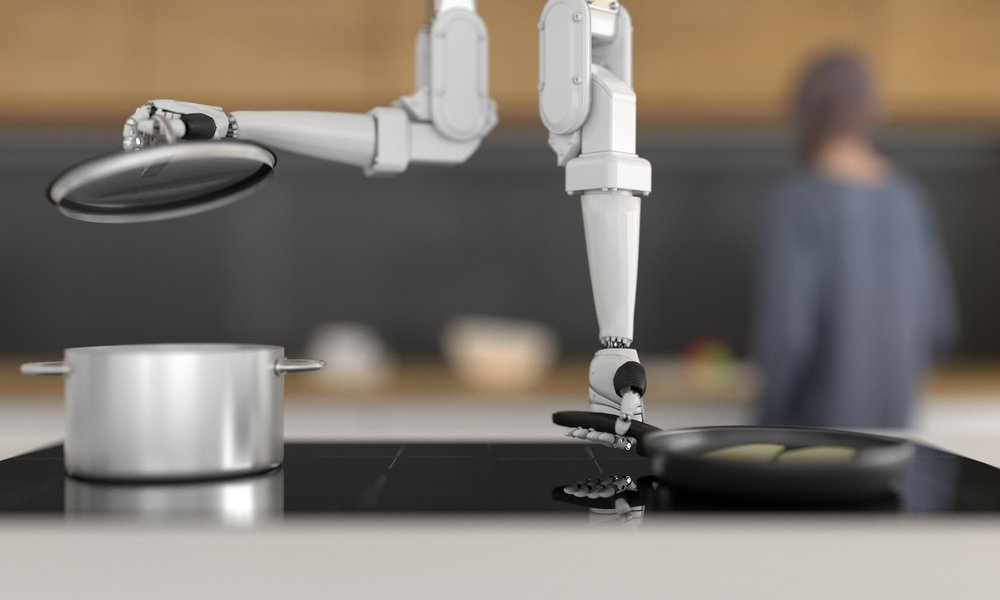Radio and the Voice
by Professor David Hendy
18 Oct 2014
Being invited to talk on ‘the Voice and Radio’ has prompted me – perhaps inevitably, given I’m an historian of broadcasting – to turn to radio’s earliest days as a mass medium. Going back to the 1920s, ’30s, and ’40s, we re-discover a vivid and urgent set of debates, both in Britain and America, about what was being done to our psyches by listening to disembodied voices – voices that we heard without us ever being able to see the persons to whom they belonged. These debates turned out to be central to a great deal of foundational work in both social psychology and media theory.
So they’re well worth re-visiting, not just to reconnect us, deliciously, with that wonderful moment when a medium is new and all sorts of hopes and fears are attached to it, but also to remind us that some of those questions exercising us most deeply today – questions we are wont to think of as entirely new – have already been chewed over by our forebears, such as:
- Can we judge a person by their voice?
- How good are we at resisting a person’s charms if his or her voice is in some way seductive?
- Are we, as listeners, able to penetrate the persona being projected – or will a speaker’s vocal trickery always trump us?
These are questions that have long been asked of the human voice. In the fourth century BC, Plato was already predicting that skilled oratory would send us down that slippery slope where style triumphs over content. But with the arrival of radio as a mass medium in the first half of the twentieth century, such anxieties were revived in intensified form. So, it should be added, were many utopian hopes. As the British magazine Vox pronounced excitedly in 1929, ‘Broadcasting is likely to effect the most tremendous change in human thought and action since the invention of printing’.
It’s impossible to arbitrate decisively between two positions – that our voice will always reveal to the listener one’s personality or that a skilled speaker will always put listeners under a spell. But we can certainly marvel at the effort put into to exploring the contradictory evidence by a pioneering generation of psychologists and sociologists. In Britain, for example, there was Thomas Hatherley Pear, who in 1931 published a fascinating book, Voice and Personality. In my talk, I describe his innovative attempts to pinpoint how and why listeners to the BBC made certain deductions about a person’s character purely on the basis of hearing his or her voice on air. I also look at the results of some extraordinary laboratory experiments which were conducted at Harvard, Princeton, Madison, New York and elsewhere in the US by – among others – Gordon Allport, Hadley Cantril, A.L. Eisenberg, Merton Carver, and Paul Lazarsfeld, and later published in work such as The Psychology of Radio (1935), Radio and the Printed Page (1940), The People Look at Radio (1946), and Radio Listening in America (1948).
Little of this pioneering research on ‘media effects’ is read nowadays, even in the Psychology or Media departments of our universities. But it ought to be. Even when wrong-headed, it casts fresh light on the very genuine anxieties of the interwar era. And anyway, much of it turns out to be actually rather astute. Above all, it represents a body of work conducted by a group of men and women who cared deeply about the power of the radio voice and how it might be used in ways that could enlighten rather than mislead. In the 1930s, this mattered. In Nazi Germany, Hitler’s voice blared out of radio sets set up as megaphones in public squares, cafes, and factories. In America, populist demagogues such as Father Charles Coughlin competed over the airwaves with skilled orators such as President Roosevelt in a struggle to shift public opinion over the New Deal and isolationism. The voice in the ether – its charm, its warmth, its sense of gravitas and authority – above all, its persuasiveness: all this really mattered then as never before or since. It’s why university laboratories worked overtime to measure the risks and opportunities created by those who had access to the microphone.
I won’t give away the results of these ground-breaking experiments here. You’ll have to attend the talk at the British Academy or listen to its broadcast on BBC Radio 3’s ‘The Essay’ to find out. But for me one recurring theme is the way in which, as listeners, we’ve long drawn on our own deeply-entrenched mental stereotypes about what certain kinds of people ‘should’ sound like. It’s equally clear that those who stand before the microphone realise this and sculpt their vocal performance accordingly. For them, even an effortless, natural performance is something fundamentally worked-at – though often unconsciously.
I don’t criticise them for it. Nor do I fault the radio medium as a whole. But I think one of the lessons of history, or at least the history of the voice on the radio that I explore at this event, is that we probably have to work a little harder than we have in the past to avoid reinforcing the idea that there’s just one way of speaking on the radio – namely, through the deployment of a voice at once warm, ingratiating, smooth, and authoritative. One of the lessons of the past is the recurrent danger of disenfranchising certain kinds of voices for their perceived inadequacies and investing other kinds of voices with too much power. Radio is a form of communication that combines large demographic reach with a style of address that is highly intimate – a potent form of ‘touching at a distance’. As Hadley Cantril and Gordon Allport wrote back in 1935, the medium has helped create a ‘new mental world’. It has done so – and continues to do so – very largely through that apparently banal but really rather extraordinary phenomenon, the invisible voice it propels into the air.
David Hendy is Professor of Media and Communication, University of Sussex. @davidjhendy
In October 2014, the British Academy is holding three events to mark the centenary of the birth of Dylan Thomas. In recognition of Thomas’s standing as one of the best known radio voices of all time, the Academy is collaborating with BBC Radio 3 to commission a series of five essays from seasoned broadcasters and practitioners on the theme of the power of the voice on radio. The essays will be recorded in front of an audience at the Academy on 21 October, and will be broadcast on BBC Radio 3 during November 2014. In anticipation of the occasion, one of the essayists, David Hendy, has posted the above blog.
Listen to any on these five essays on ‘Shaping the Air - Writers and Radio’ via the BBC Radio 3 ‘The Essay’ webpages.


